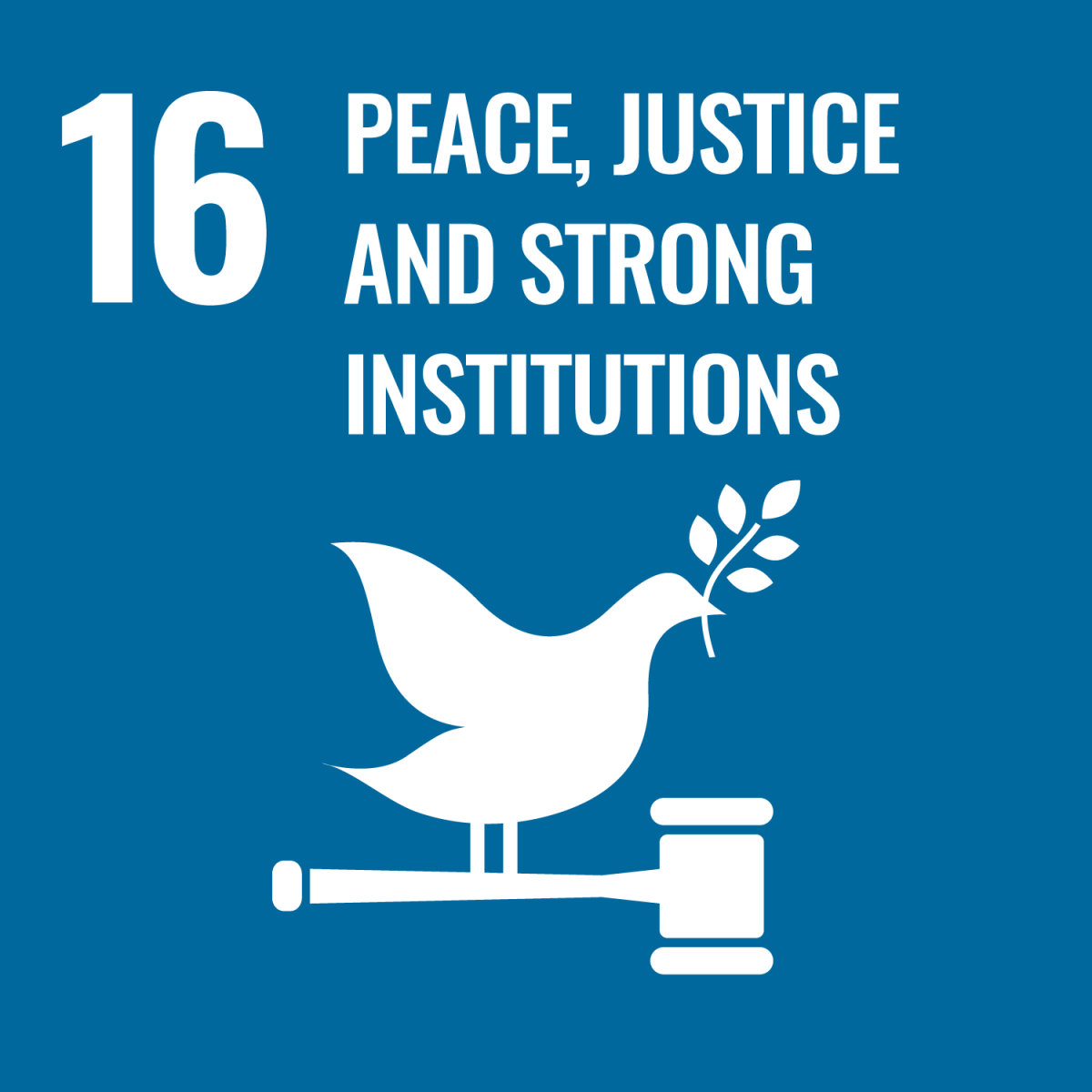''Our Digital Future''
Addressing Digital Transformation and Cybersecurity
Capacity development workshop series focused on developing countries
The first workshop will be hosted on 8 September 2021 at 12:30-14:00 UTC
Register HERE in advance
This capacity development workshop series aims to bring together diverse stakeholders - including government representatives, such as permanent missions in Geneva, NGOs, international and intergovernmental organizations, academic and research communities and civil society overall, the private sector, technical communities and other relevant actors - to share best practices and build capacity in developing countries on the digital transformation and cybersecurity fronts. The participants will discover the prerequisites needed to ensure the sustainability of best practices and the roles different actors can play in advancing national capacity on digital transformation and cybersecurity.
In support of
![]() Driven by the call in the UN Decade of Action to partner for the Sustainable Development Goals (SDG), the workshop will support stakeholders by focusing on themes covered in Goal 9: Build resilient infrastructure, promote sustainable industrialization and foster innovation and Goal 16: Promote just, peaceful and inclusive societies.
Driven by the call in the UN Decade of Action to partner for the Sustainable Development Goals (SDG), the workshop will support stakeholders by focusing on themes covered in Goal 9: Build resilient infrastructure, promote sustainable industrialization and foster innovation and Goal 16: Promote just, peaceful and inclusive societies.
AGENDA
- Welcome and introduction
- Opening remarks by expert speakers on different aspects of effective national cybersecurity policies and strategies linked to the UN Sustainable Development Goals followed by discussions on:
- SDG9 calls for all stakeholders to build resilient infrastructure, promote inclusive and sustainable industrialization and foster innovation. In developing countries, how are we progressing on these goals, specifically on the digital transformation of government? How can we realize more and better citizen services? Where else can we do more?
- How can multi-stakeholder cooperation contribute to more effective cybersecurity?
- How does escalating conflict in cyberspace, and increasingly sophisticated cyberattacks, jeopardize peace, justice and strong institutions around the world? And what can be done to advance security and stability in cyberspace to support SDG 16?
- How best to convince manufacturers of ICT products, devices and services that they need to produce secure Internet products, devices and services by design and thus speed up the deployment of Internet standards and ICT best practices?
3. Presenting outcomes of the discussions followed by an open discussion
4. Conclusion
The involved speakers are:
From IGF 2021 BPF Cybersecurity:
- Ms. Hariniombonana Andriamampionona
- Mr. Wim Degezelle
From IGF Dynamic Coalition on Internet Standards, Security and Safety (DC-ISSS):
- Mr. Wout De Natris
- Mr. Mark Carvell
From Microsoft:
- Mr. John Herring, Senior Government Affairs Manager for the Digital Diplomacy team
- Mr. Mike Yeh, Associate General Counsel, Corporate External and Legal Affairs
For further reading:
- Digital Peace in CyberSpace: An Invisible Pillar for the SDGs, Microsoft
- IGF 2020 Best Practice Forum on Cybersecurity: exploring best practices in relation to international cybersecurity initiatives


Learn more about ''Our Digital Future'' Project
Empowerment begins with digital inclusion
The coronavirus pandemic has placed a special spotlight on digital development needs and cybersecurity challenges universally with developing countries in particular are facing a range of severe difficulties. How can we bring to life the promise of digital technology to countries often left behind? Part of the answer is in recognizing that empowerment begins with digital inclusion. The scope of inclusion ranges from rapid digital transformations and digital skilling to data governance advancements and universal Internet connectivity, which are all critical for developing countries to achieve the UN SDGs. In a recent study, it is estimated that US$ 428 billion is needed to connect the remaining 3 billion people to the Internet by 2030. A mix of policy, technological, financial, technical, and other interventions are needed to democratize the promise of technology.
Digital inclusion requires trust in technologies
Technologies at the heart of digital transformation need to be secure, safe, and trusted in order to truly integrate into societies around the world in a sustainable manner. In other words, cybersecurity is key to digital transformation.
Discussions on cybersecurity concerns all of us. However, some regions are often excluded from the discussion and decision-making processes. In particular, developing countries in the process of developing their ICT infrastructures can lack resources and capabilities to address security and resilience issues. Furthermore, cybersecurity capacity is not only in the interest of individual countries. In a globally connected world, where vulnerabilities in one country create risks for others, building global capacities and confidence across the digital ecosystem is crucial for sustainable digital transformation. Despite international organizations recognizing this need and the existence of an increasing number of incentives, few lessons learned and best practices are shared globally.
Workshop objective
These workshops will recommend adaptable best practices for a safe and secure digital transformation for everyone as a means for social and economic development. Mindful not to duplicate any existing efforts, the workshops will rather build on them by leveraging these diverse groups and their experiences to support sustainable digital transformation needs.
Everyone can participate
The workshops are open to everyone to participate. Stakeholders from developing countries are particularly invited to join and bring experiences from their communities. Given the ongoing coronavirus pandemic, the workshops will be hosted online, until protocols allow for physical attendance as an option.
Following the first workshop on, there will be subsequent workshops with the final session hosted at the 16th IGF in Katowice, Poland, 6-10 December.
The United Nations acknowledges the kind and generous support of Microsoft in developing and donating a website to support the workshops and contributing substantive inputs to the workshops’ programme development.